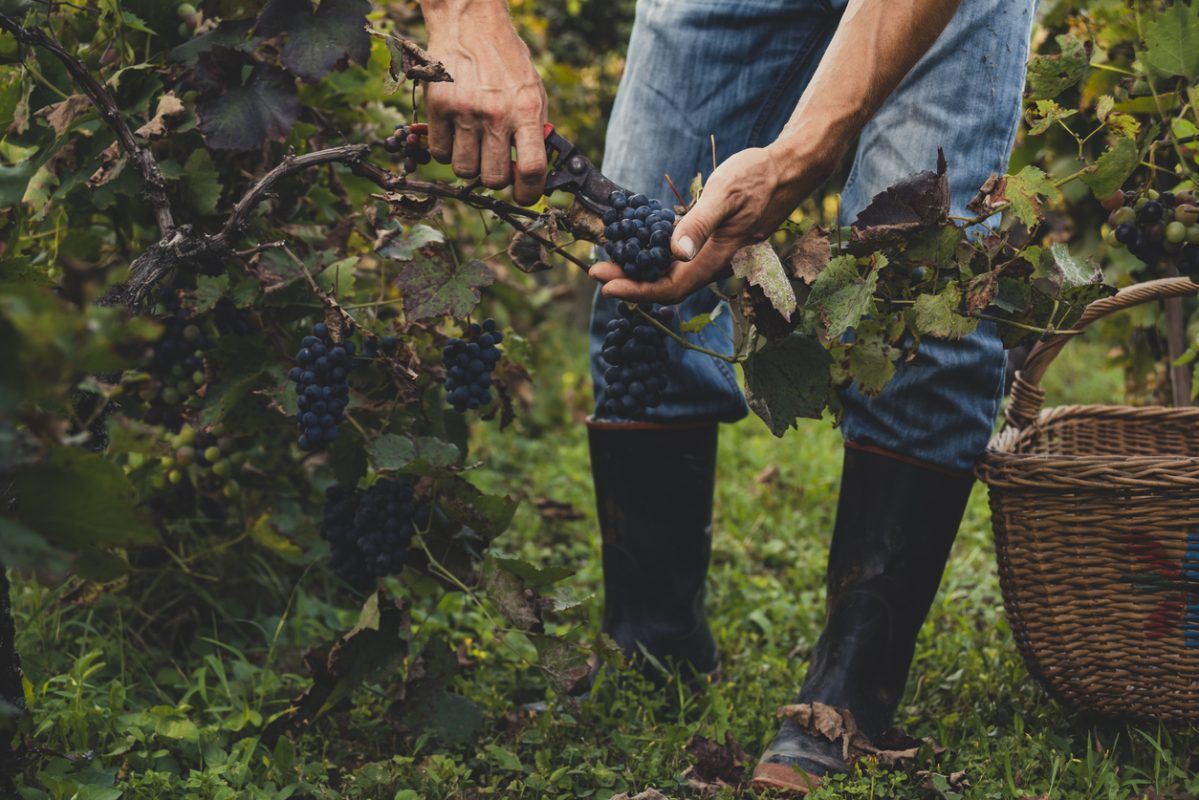Wine Australia has released its 2025-2030 Strategic Plan, which outlines how it will help all aspects of the Australian grape and wine industry navigate the current challenges and help build a more resilient, profitable and sustainable future.
Building on the industry priorities outline in last year’s One Grape & Wine Sector Plan the five-year Strategic Plan addresses issues including balancing supply and demand, market transparency, supporting sustainability and attracting investment into the sector.
Dr Martin Cole, CEO of Wine Australia, said: “The sector continues to face significant headwinds and for many, the pressures are immediate and personal. In the face of ongoing uncertainty, levy payers’ expectations of Wine Australia are rightly high.
“This strategy acknowledges and responds to that reality. It is focused on delivering what matters most: practical support, relevant innovation to address shifting behaviours, better outcomes in market, and long-term value for grape and wine businesses across the country.”
Set by the Wine Australia Board and approved by Senator the Hon Anthony Chisholm, Assistant Minister for Agriculture, Fisheries and Forestry, the Strategic Plan outlines how Wine Australia will work with government and industry to enable resilience and growth.
Wine Australia said the five-year plan focuses on activities and interconnected priorities including:
- Delivering practical research and development, extension and adoption to improve vineyard performance, product innovation and development, and production efficiency.
- Growing domestic and international market share and value for Australian wine through targeted marketing activity and promotion, market diversification and brand building in key international and domestic channels.
- Protecting the integrity and reputation of Australian wine with strong regulatory systems and services, to support beneficial market access and make trade opportunities available to Australian wine exporters.
- Building resilience and sustainability through innovation, including investment in cost-effective climate response, meeting emissions reduction targets and identifying circular economy solutions.
- Strengthening capability throughout the sector, with a focus on knowledge-sharing, collaboration and partnerships, and extension and adoption.
“We’re listening to those on the ground and we know the challenges producers are facing,” said Dr Cole.
“We’re not here to deliver a static plan. We’re here to work with the sector to provide tangible support in-market and in-region, and to deliver what is needed, when it’s needed.”
Wine Australia said the 2025-30 Strategic Plan signals a new chapter which is grounded in accountability, strengthened governance, and clearer alignment with sector priorities.
It also ends the Strategic Plan 2020–25, a period marked by significant disruption including the COVID-19 pandemic, natural disasters including bushfires, drought and floods, the imposition (and later removal) of tariffs by China, and persistent structural imbalances between supply and demand.


Over the past two decades, the number of independent bottleshops, particularly those focused on fine and boutique wines, has declined significantly. This contraction has led to a disproportionate influence by major retail chains over the fine wine market. As a result, many small and mid-sized wineries now find themselves without meaningful domestic retail support and are increasingly forced to look at other avenues to sell their wines.
Independent retailers who are genuinely passionate about wine play a crucial role in:
* Championing small producers who might otherwise be overlooked by large chains.
* Educating consumers on quality, provenance, and craftsmanship.
* Creating pathways to market for wineries seeking to build sustainable, long-term businesses at home.
If the goal is to build a more resilient and diversified sector, then Wine Australia should consider developing a specific strategy to support and strengthen fine wine retailers. This could include:
* Collaborative marketing and promotional support.
* Access to research and data relevant to boutique retail.
* Programs to connect independent retailers directly with emerging producers.
* Investment in consumer education initiatives at the point of sale.
Independent retailers are not just sales channels, they are storytellers, advocates, and gatekeepers of Australia’s wine identity. For the industry to thrive locally, it’s critical we support those who are actively building and selling Australia’s wine culture on the ground every day.